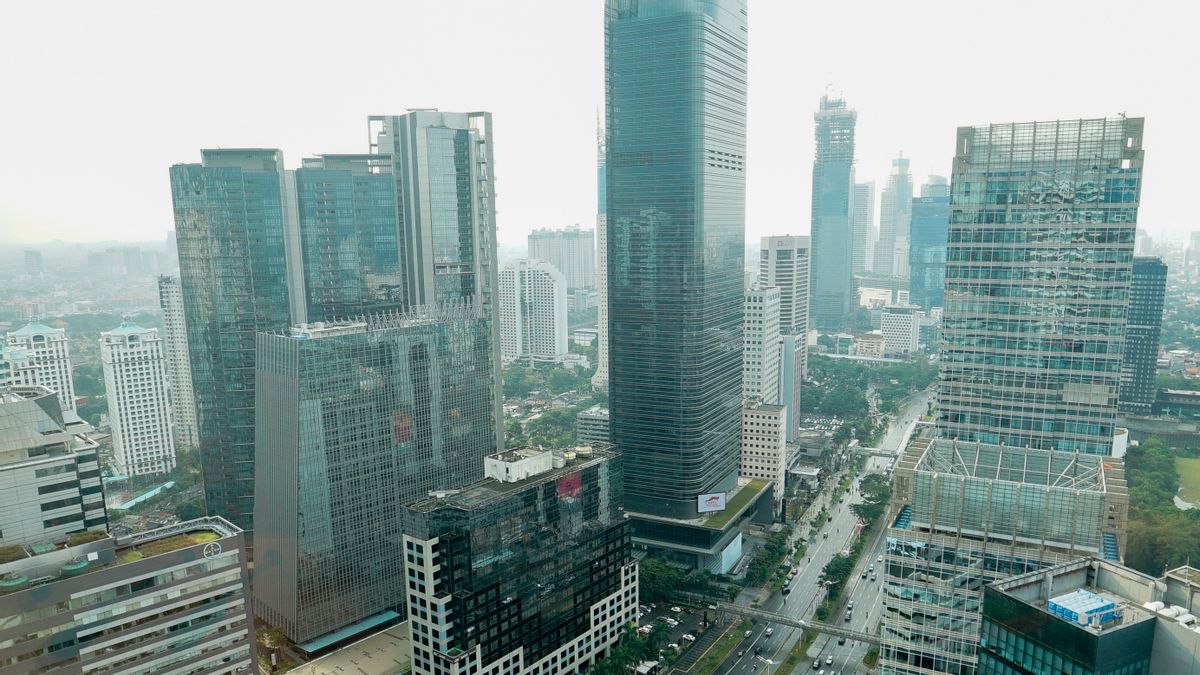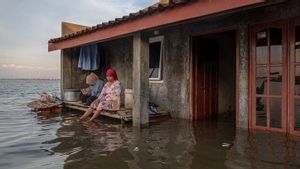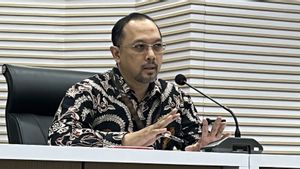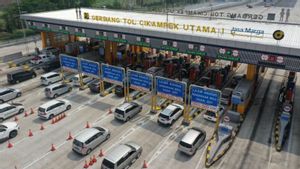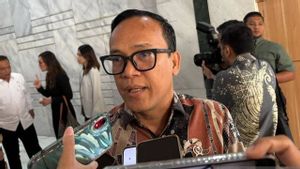JAKARTA - DKI Jakarta Governor Anies Baswedan predicts that the economic growth of the capital city during the pandemic in 2021 will increase the fastest compared to other provinces in Indonesia.
This was said by Anies in the 2017-2022 DKI Jakarta RPJMD Amendment Musrembang which was attended virtually by Bappenas Minister Suharso Monoarfa, Secretary General of the Ministry of Home Affairs, Chairperson of Budi Gunadi Sadikin Economic Recovery and Transformation Task Force, DKI DPRD, and DKI Provincial Government officials.
According to Anies, Jakarta's economic growth has contracted due to the COVID-19 pandemic with a rate of minus 2 percent to minus 1.6 percent. However, next year, Jakarta's economic growth is projected to increase to 5.4 percent.
"We are experiencing a serious contraction in 2020, but maybe we are among the fastest to get back into the economic turnaround," Anies said in a Youtube broadcast by the DKI Jakarta Provincial Government, Tuesday, December 22.
In fact, according to Anies, Jakarta's economic growth in 2022 could be better at around 5.8 to 6.2 percent. This figure was obtained by Anies from a report by the Bank Indonesia DKI Jakarta Representative Office.
In this regard, Anies said that the economic contraction that occurred during 2020 was caused by restrictions on activities, such as limiting eating outside the home, meetings and traveling.
"So, the economic contraction is not due to miscalculations in the investment activities of economic actors in Jakarta, but because supply and demand has decreased very seriously as a result of all of us having to take precautions against virus transmission by reducing (economic) activity," he said.
Therefore, in the 2017-2022 DKI Jakarta RPJMD amendment Musrembang, Anies, the DKI Provincial Government in his leadership period, still had two years to restore activities.
There are five improvements to the RPJMD vision and mission for the development of DKI affected by the pandemic. First, spatial planning based on the closest environment, where all the needs of the residents must be met without having to travel long distances.
Second, resilient basic city facilities and services. Third, improving digital infrastructure as the backbone of modern data-based governance. The fourth is the integration of population data to produce appropriate social interventions. The fifth is economic reform.
"God willing, there are many ways and efforts to be able to restore the economy and restore social activities, educational activities, and others so that we can still realize what we aspire to as a city, where the city is advanced and the citizens are happy," he concluded.
The English, Chinese, Japanese, Arabic, and French versions are automatically generated by the AI. So there may still be inaccuracies in translating, please always see Indonesian as our main language. (system supported by DigitalSiber.id)
